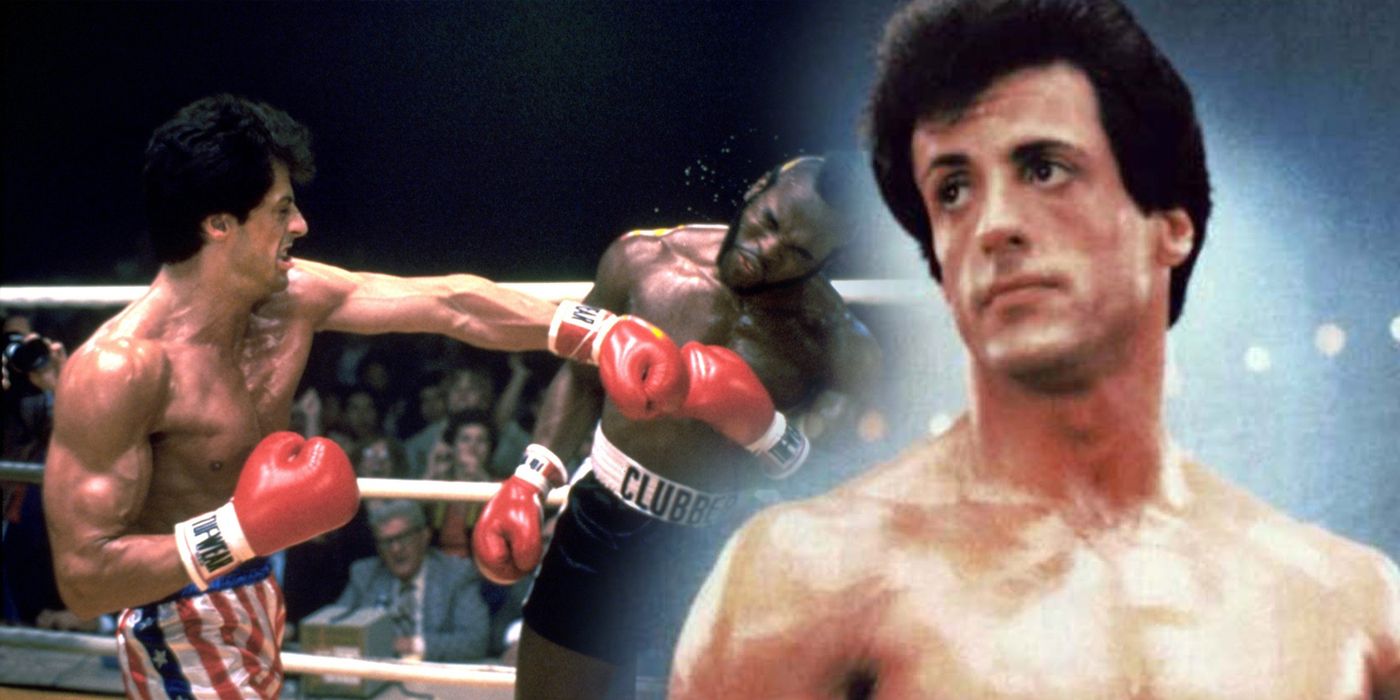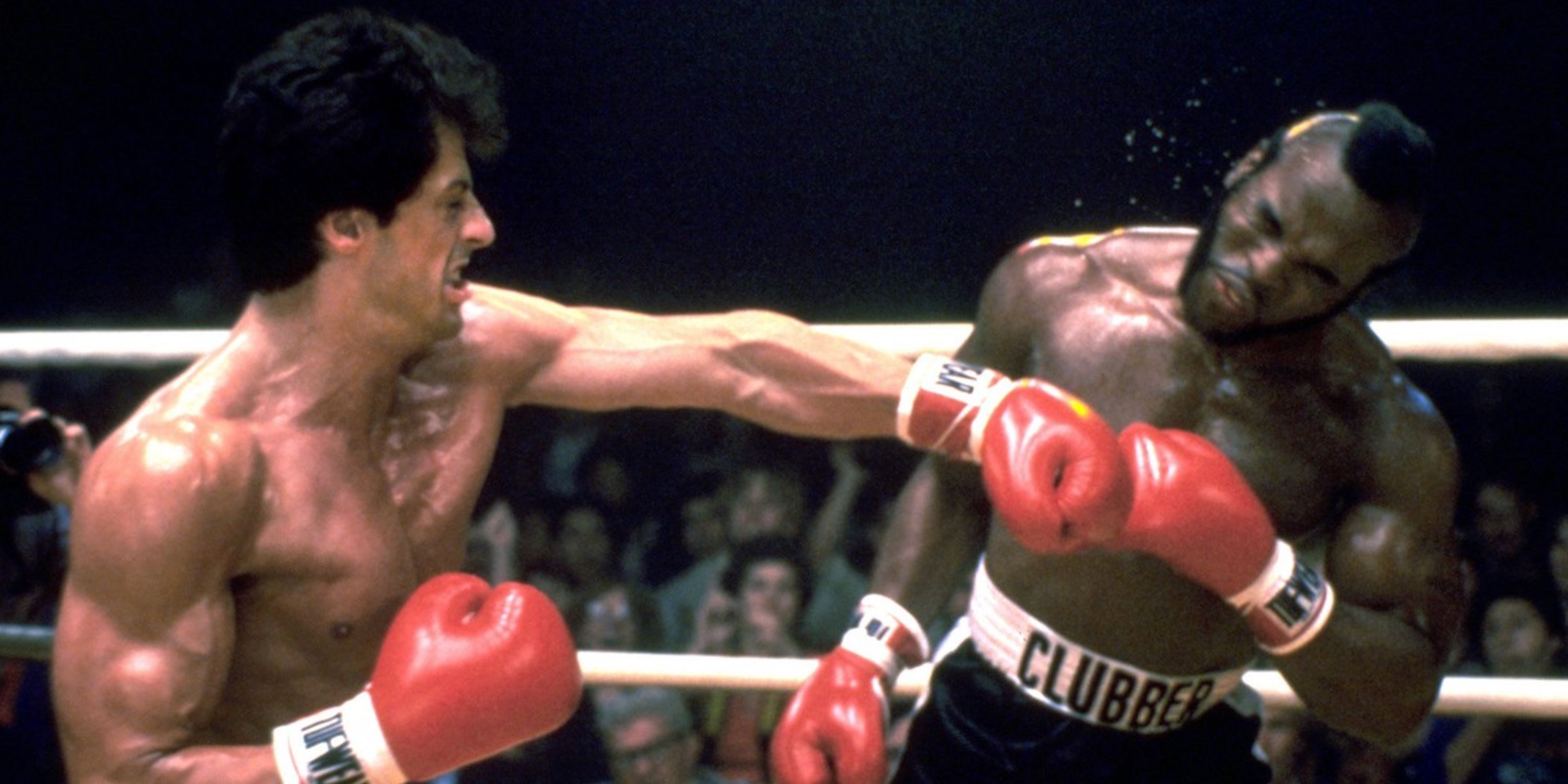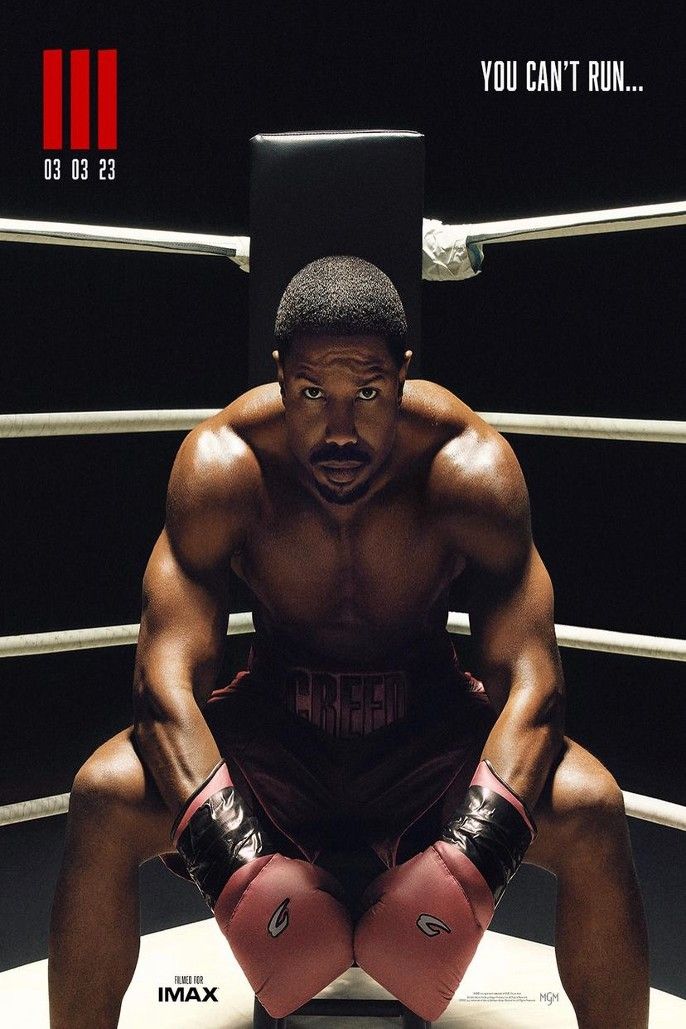Sylvester Stallone originally intended to end Rocky III with his character's death. According to two interviews with the late Roger Ebert, the 1982 movie was originally supposed to complete the franchise narrative with "The Italian Stallion" passing away not inside the ring, but rather during a private moment in Italy. Rocky III ultimately became a cultural phenomenon and inspired an equally successful 1985 sequel, Rocky IV.
In June 1979, Ebert interviewed Stallone at the Rocky II world premiere (via RogerEbert.com). The actor discussed his public image and what he learned from making F.I.S.T. and Paradise Alley in between the first two Rocky movies. Stallone also breaks down the physical toll of fight scenes with Carl Weathers (Apollo Creed) in the 1979 sequel. When asked about the possibility of Rocky III, he cites James T. Farrell's Studs Lonigan trilogy as a thematic inspiration, and later expanded on his creative ideas in a July 1980 interview with Ebert (via RogerEbert.com).
Stallone doesn't reveal his death plan for Rocky in the 1979 Ebert interview. Instead, he lays out a storyline that's mostly similar to what happens in the 1982 movie. In Stallone's original version, Mickey Goldmill (Burgess Meredith) has a stroke, and so Rocky reaches out to Creed to help him train for one final fight against a "street-tough challenger." In Rocky III, the Chicago fighter Clubber Lang (Mr. T) pushes Mickey before a match, which leads to a fatal heart attack. Creed then offers to train Rocky, rather than vice versa. Stallone also planned for the climactic fight to take place at the Roman Coliseum in Italy, and wanted to incorporate Pope John Paul II due to Rocky's religious beliefs.
"'His last bout will be in the Roman Coliseum, carried worldwide by satellite,' Stallone said, and his voice picked up enthusiasm. 'Can you see it? Rocky in the Coliseum? The last gladiator? And, for training, running up the Spanish Steps? And, Rocky's deeply religious; can you imagine him inside St. Peter's? I'm seriously gonna try to work in an audience with the Pope into the film. I dunno. Maybe with this Pope, he'll go for it. If he don't, we get another Pope.'"
By 1980, Stallone spoke with Ebert again after Rocky II had become a major box office hit, earning over $200 million on a $7 million budget. Here, he offered more insight into his character's potential fate, which thematically connects to the aforementioned Studs Lonigan trilogy and the untimely death of the titular protagonist. Stallone reveals that Rocky III wouldn't show the returning Rocky Balboa dying in the ring, but rather in a cab after a climactic victory. The concept seems a bit melodramatic and heavy-handed, but it aligns with tropes from American '80s cinema, and certainly with the "tragic hero" archetype:
""If I have the nerve, if I have real nerve, Rocky should die at the end of the third film. I was originally thinking in more grandiose terms - the Coliseum and everything - but 'Rocky III' should end with more than a fight. It should end with Rocky's life coming full cycle, The way I imagine it, after the fight, he's riding home in a cab, with the roar of the people chanting 'Rocky!' still in his ears. And he just drops over dead. In other words, he has achieved everything possible and he dies when he's on top. I don't think people want to see Rocky when he's 80. I don't know if I'll go with that ending, and him dying. But I know I'll have to film it. I'll have to shoot it for myself, whether or not I use it.'"
Stallone ultimately decided to end Rocky III with a traditional boxing victory, along with a final sparring sequence between The Italian Stallion and Creed that teases Rocky IV. Based on what transpires in the fourth franchise movie, it seems that Stallone applied the Rocky death concept to Weathers' character, who is killed by the Russian Ivan Drago (Dolph Lundgren) in Rocky IV. Stallone's original trilogy plan would've made the franchise inherently tragic, but the series continuation allows for stories of hope, redemption, and personal progress.



